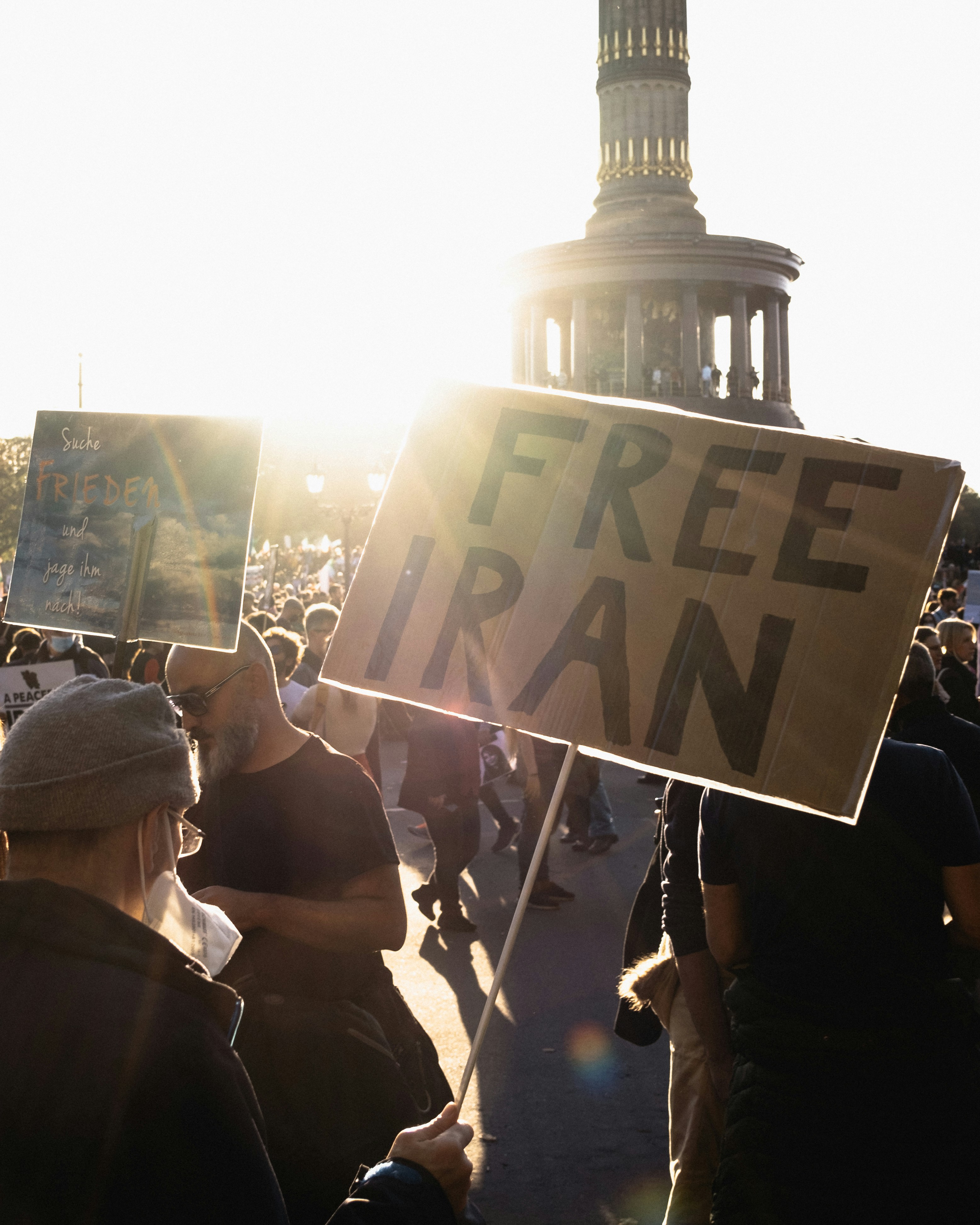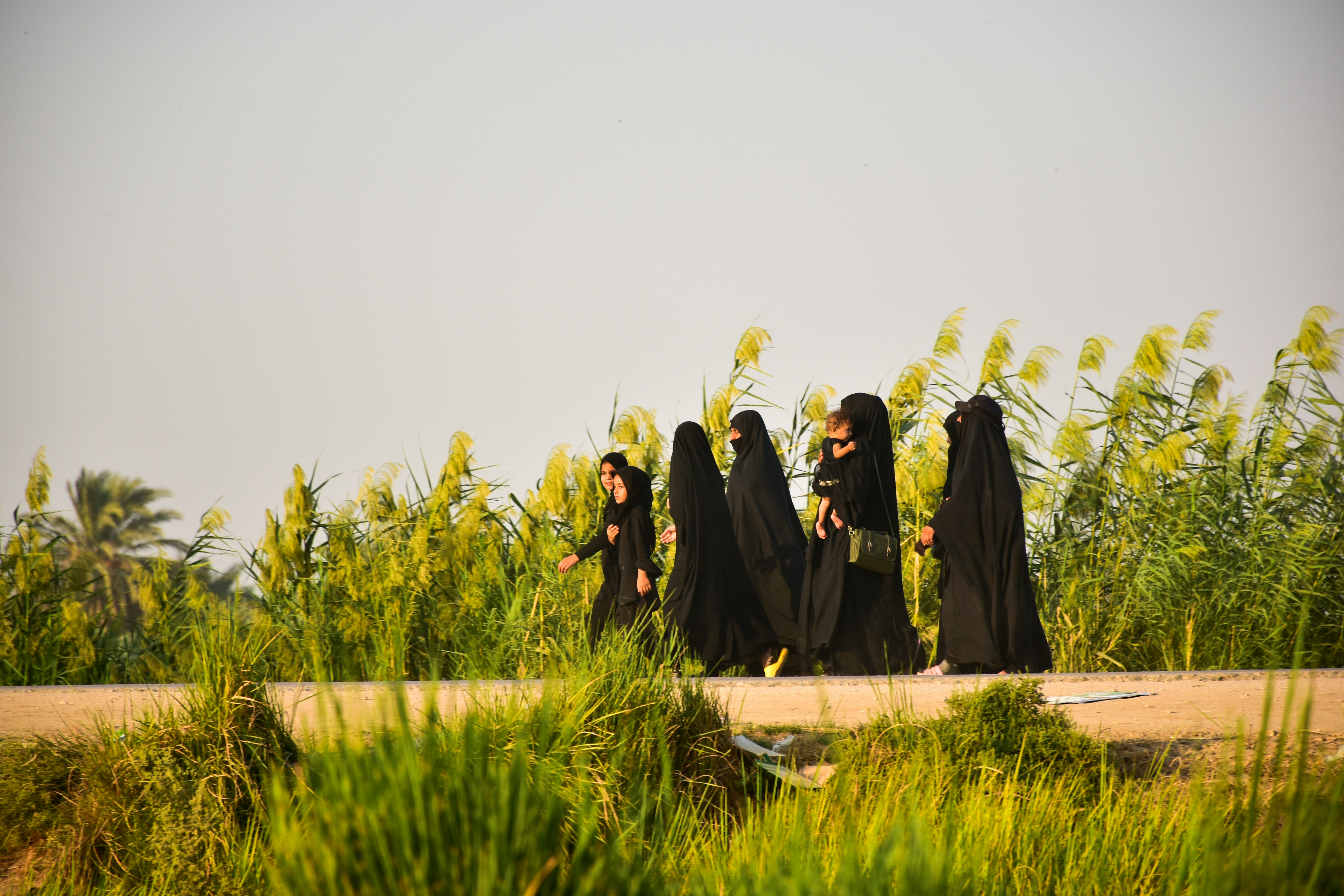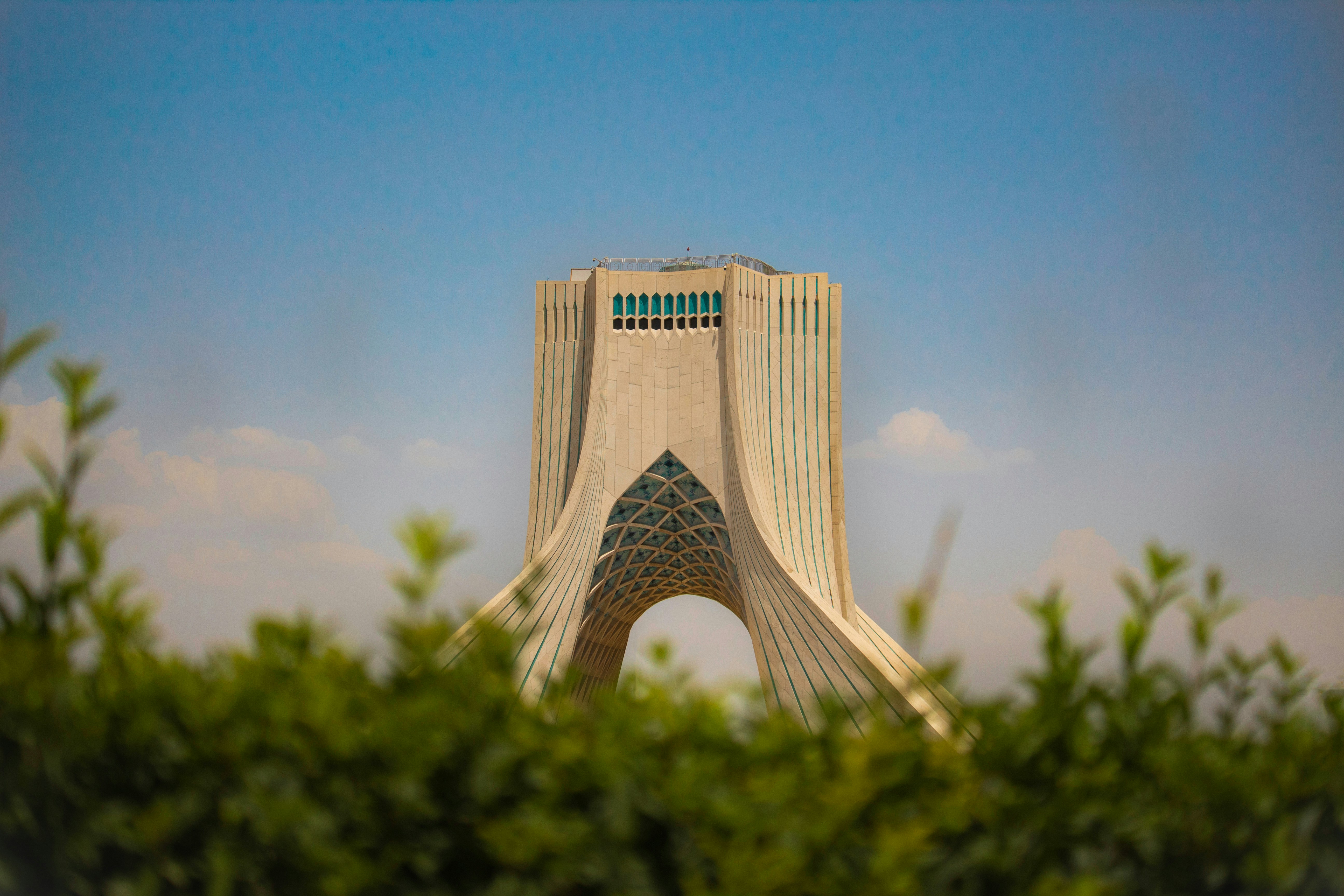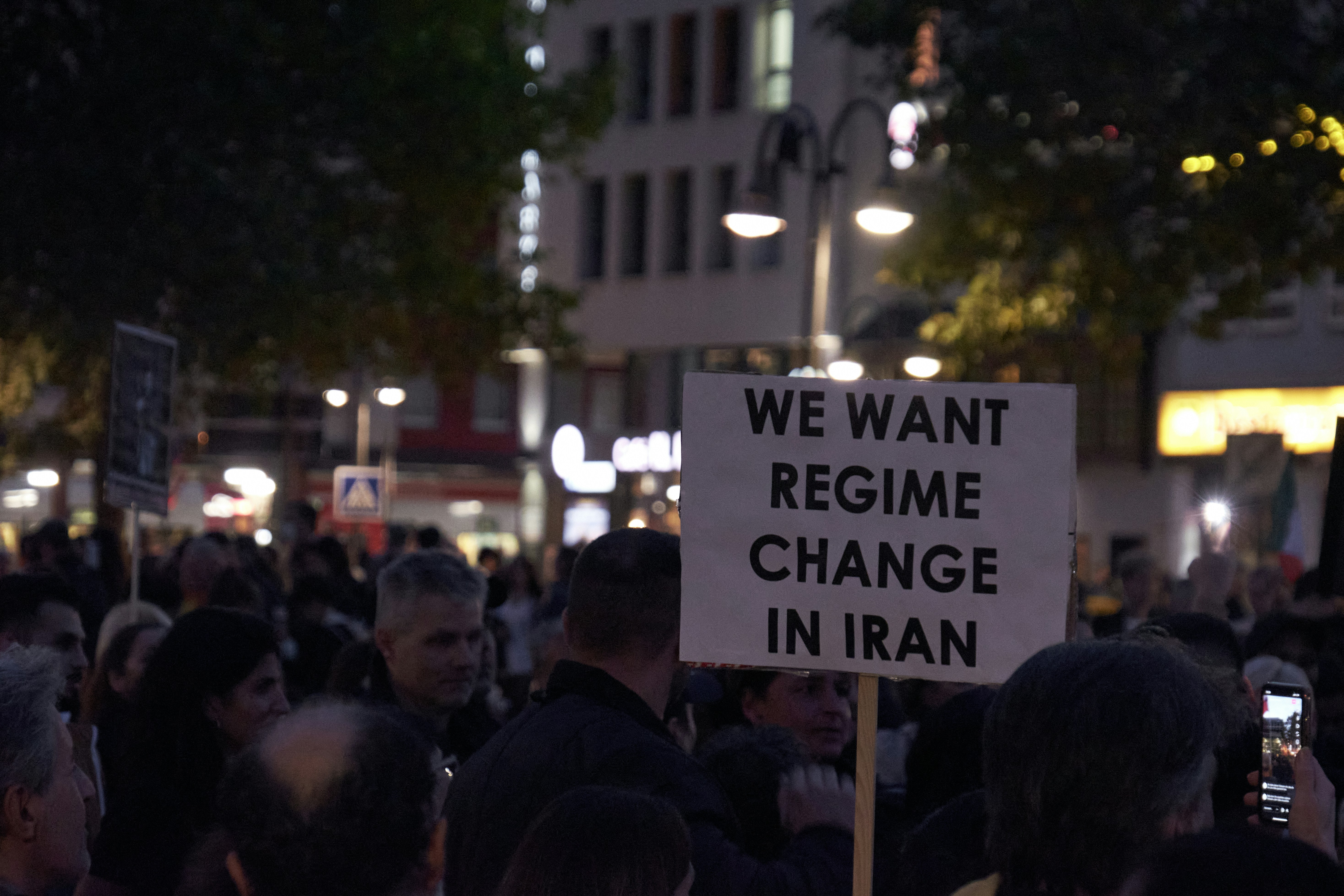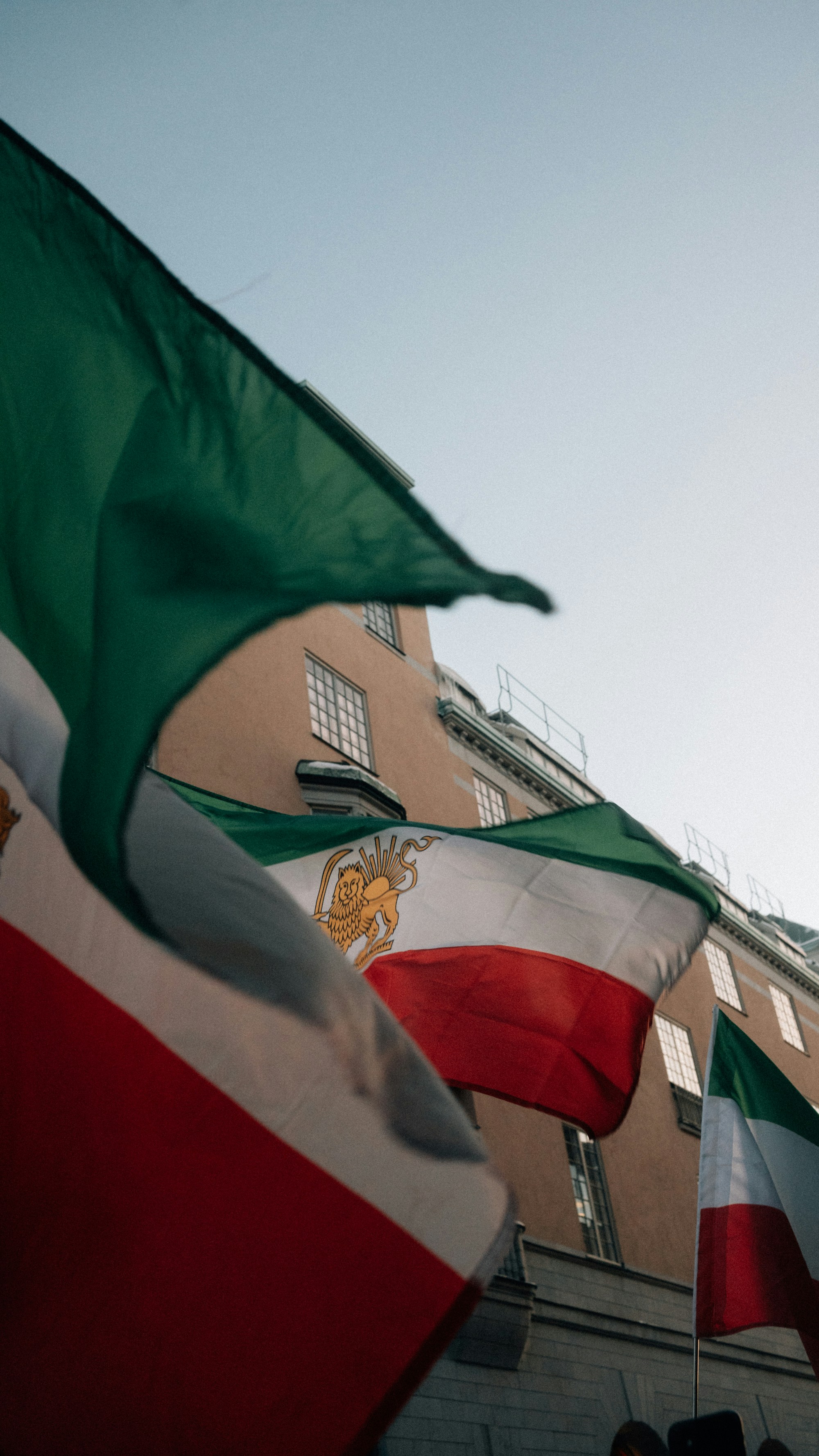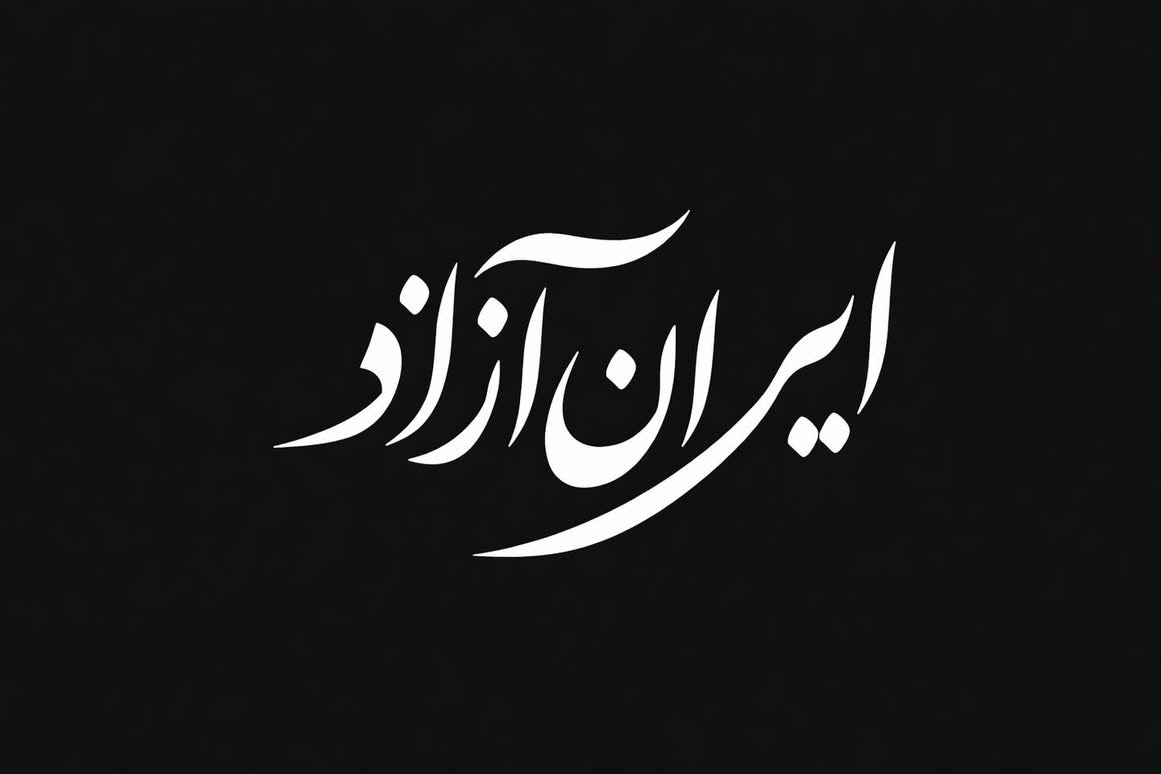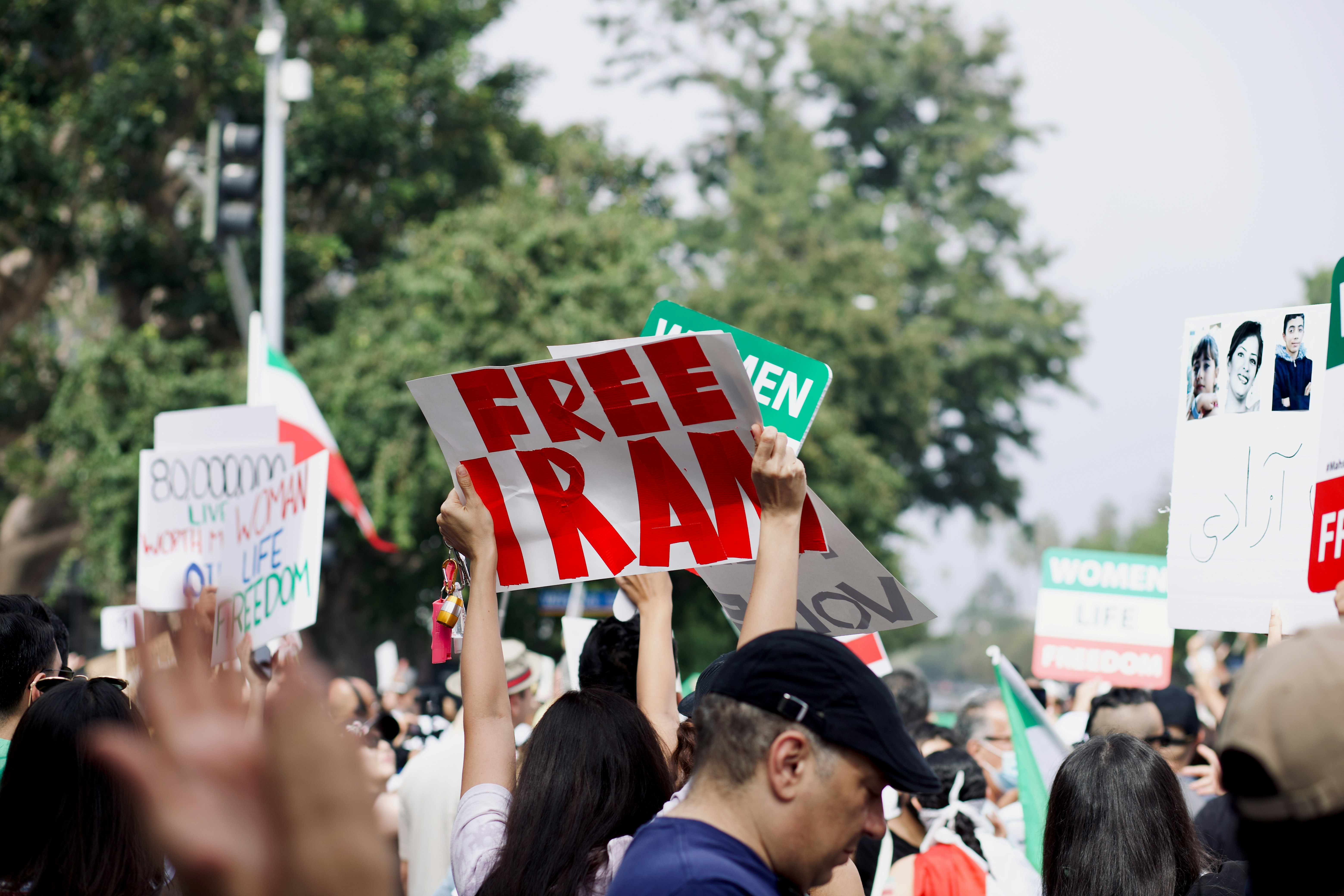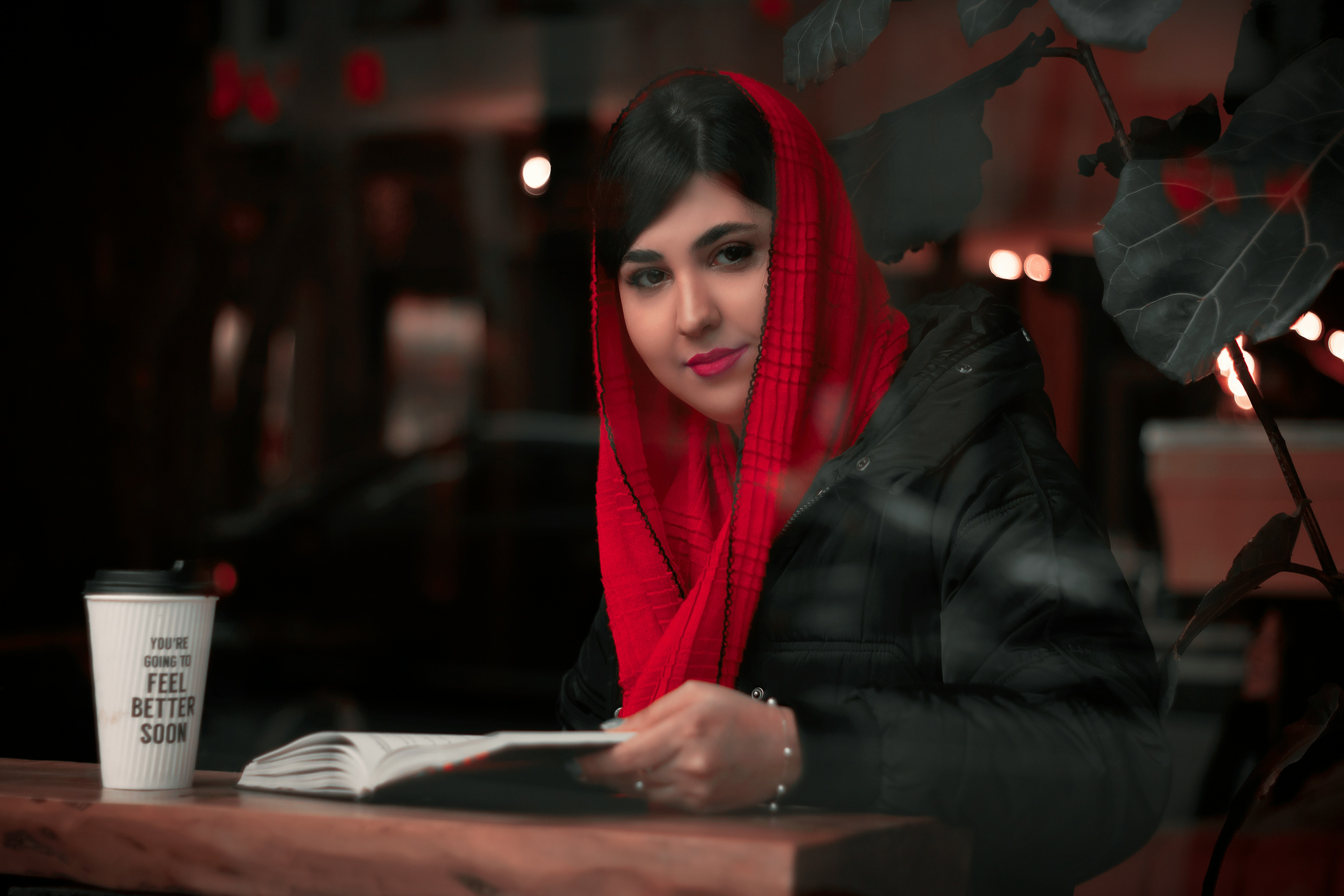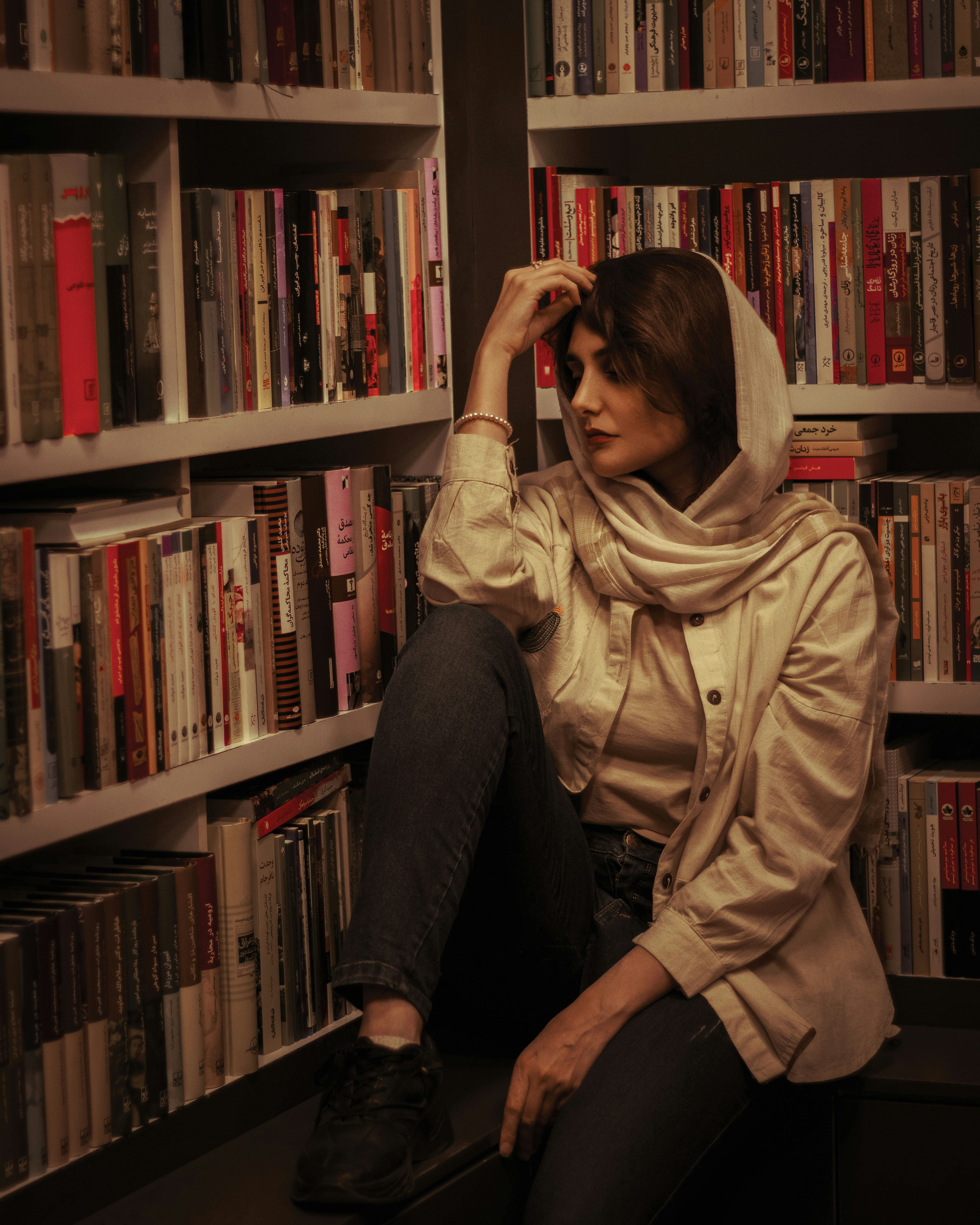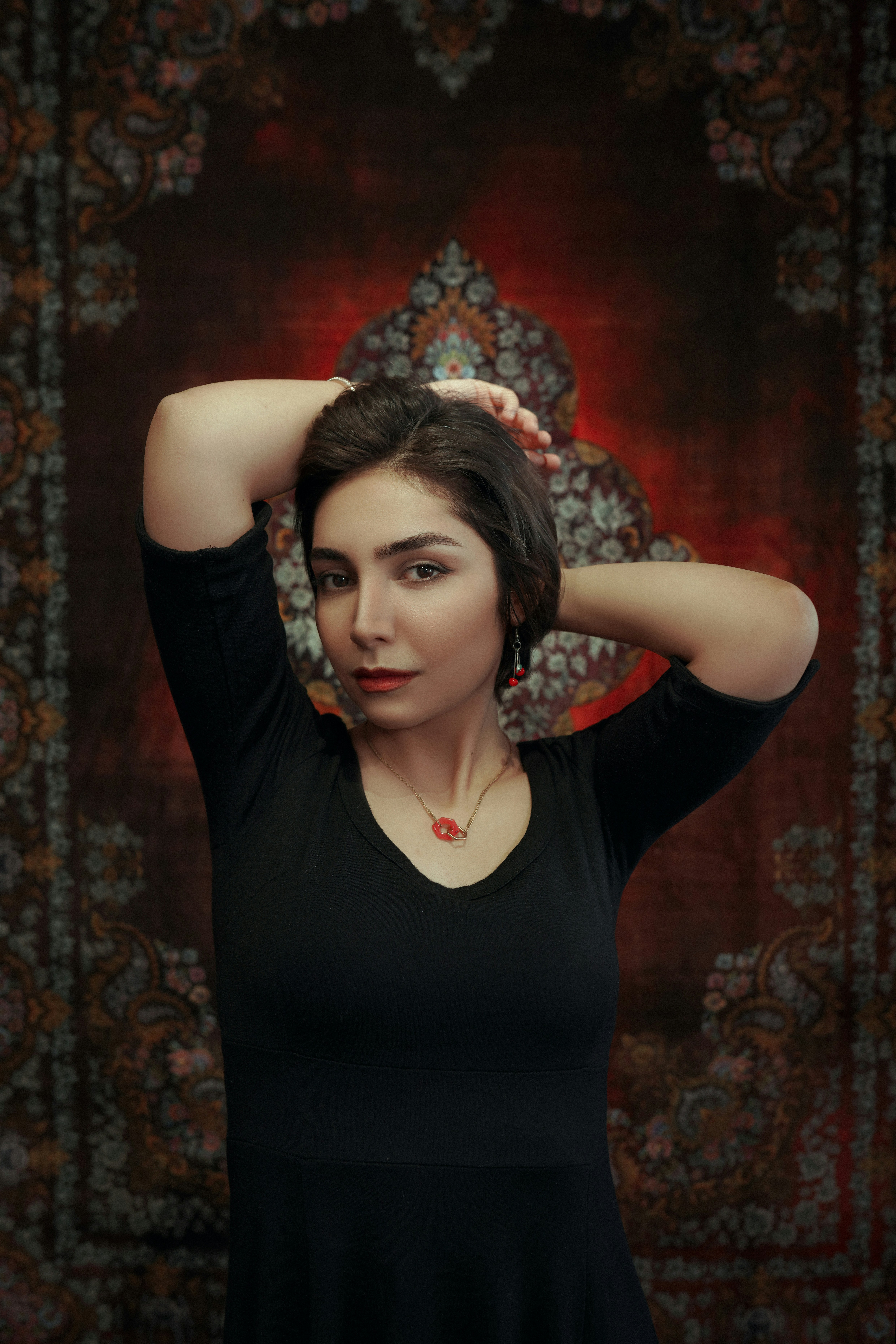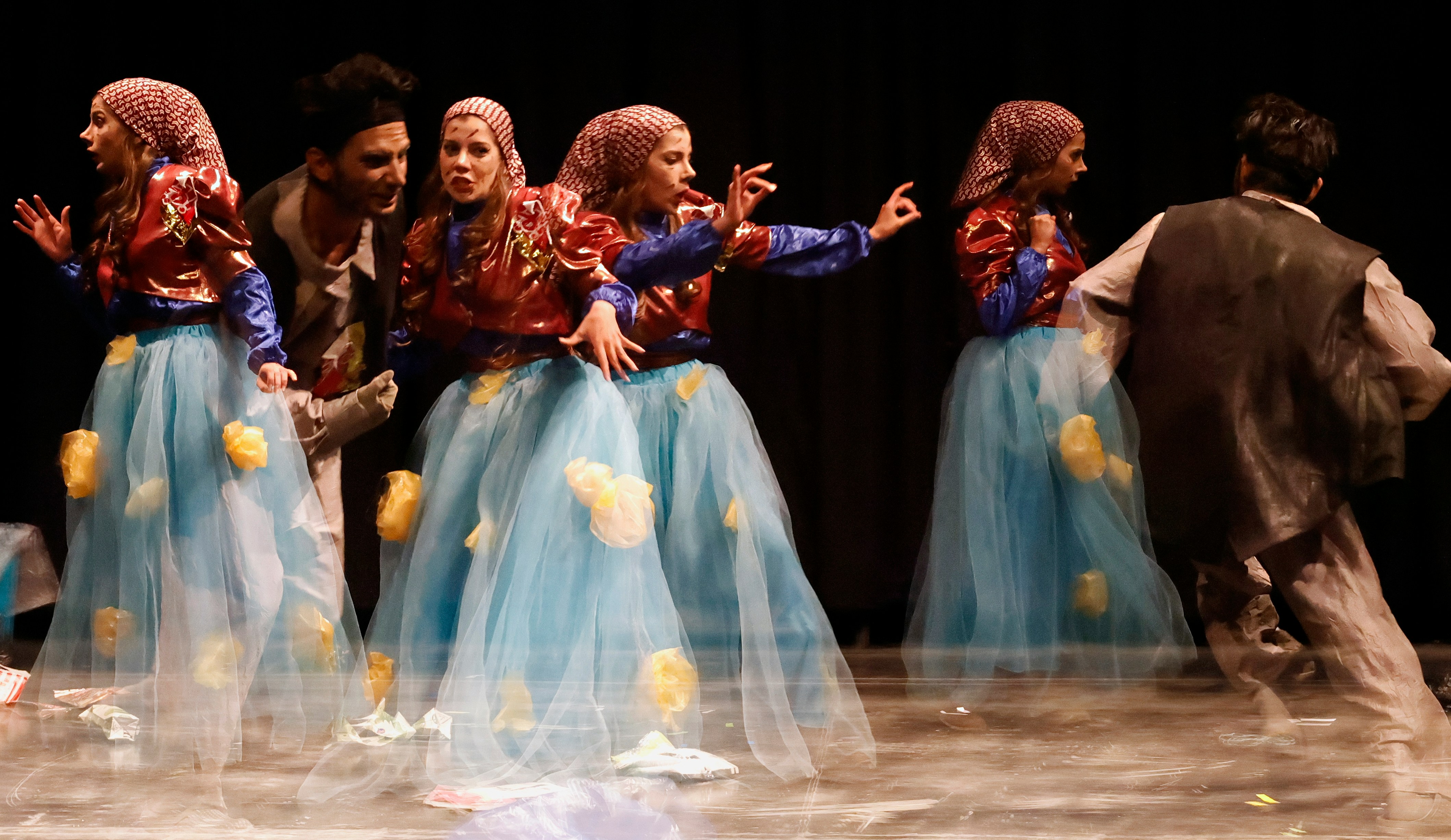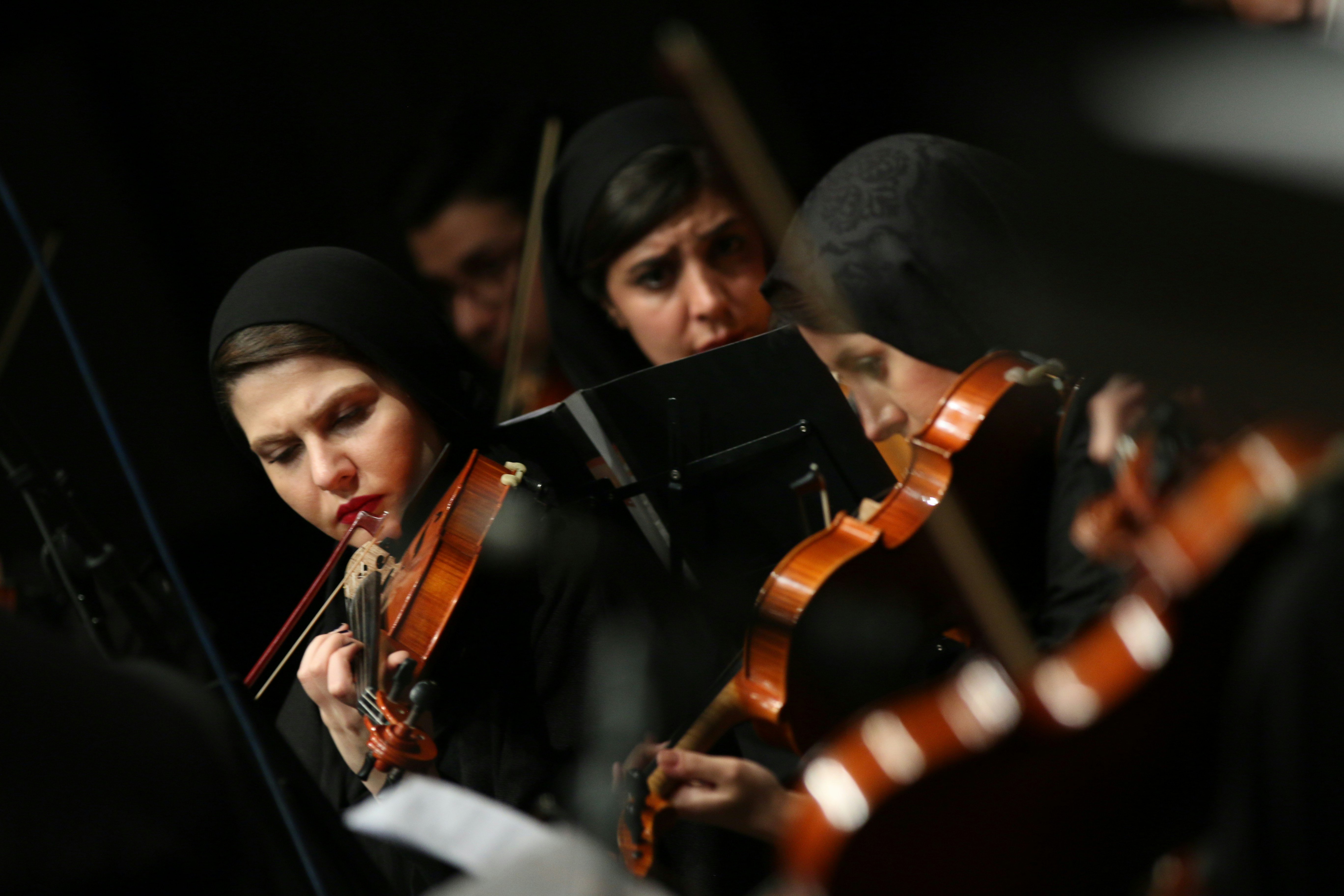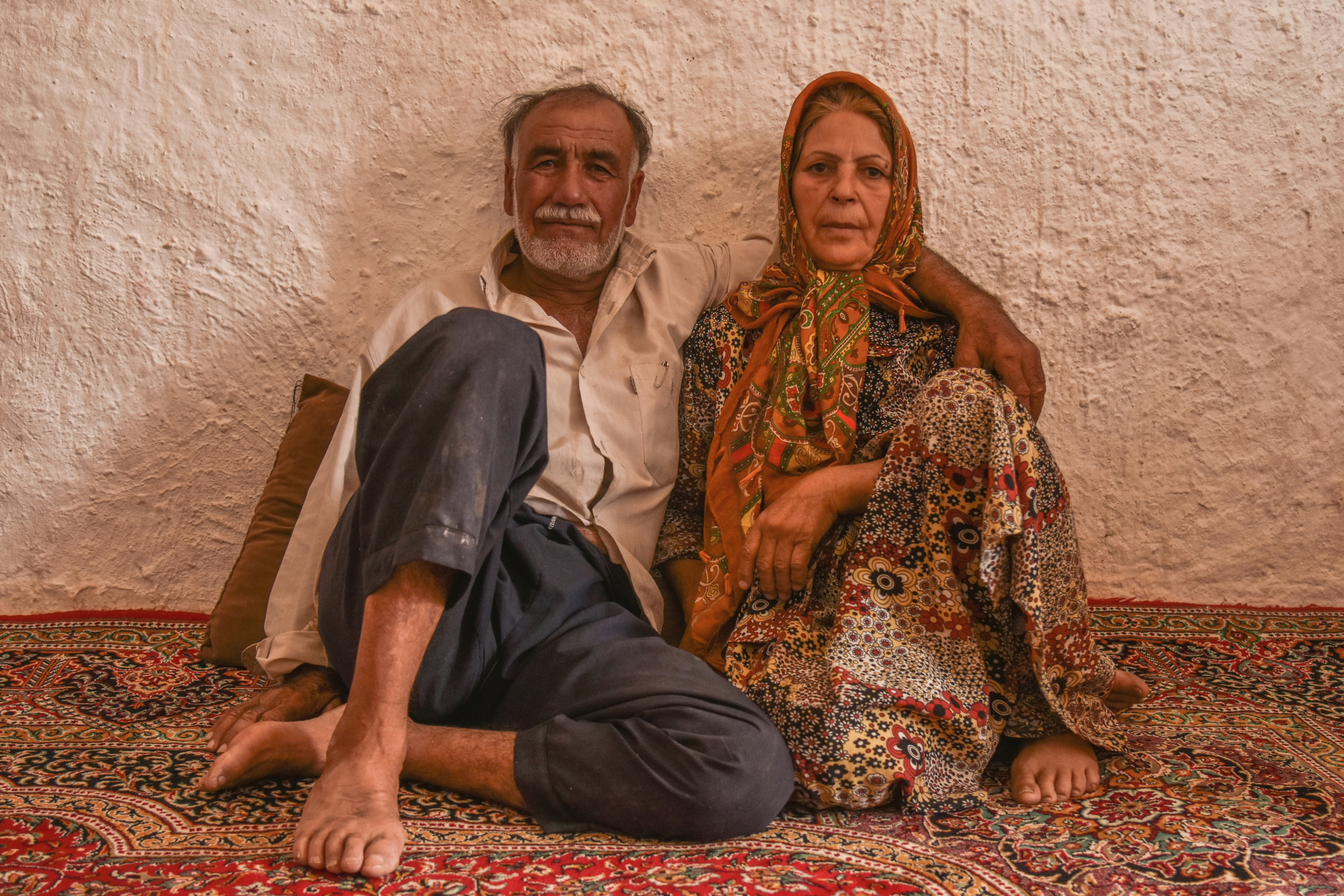
Gems of Iran - The Art of Being Iranian: A Celebration of Persian Aesthetics
March 2, 2026 - The Night the Air Changed
There are moments in history when the air itself feels different.
Tonight is one of them.
News has broken that Iran Supreme Leader Ayatollah Ali Khamenei has been confirmed dead. And across Iran—across cities long shadowed by fear—celebrations have erupted. People are in the streets. Fireworks. Tears. Embraces between strangers. Laughter that sounds almost disbelieving.
Relief is real. It is visible. It is trembling.
And yet, so is grief.
A Nation Holding Two Emotions at Once
This is not a simple night of joy. It cannot be.
For many, this moment feels like a door finally opening after years of suffocation. The face of a regime that oversaw brutal crackdowns, imprisonments, executions, and the crushing of dissent is gone. A symbol of repression has fallen. And when symbols fall, people breathe differently.
But freedom does not erase the dead.
In the same streets where celebrations unfold, there are families standing at windows in silence. Mothers who have buried sons. Fathers who never saw justice. Empty chairs that no political shift can refill.
The regime may be crumbling—but its wounds remain.
The Weight of History
No matter how one interprets the moment, it is undeniably historic. A chapter that shaped generations has ended. The architecture of fear that defined so much of modern Iranian life has been shaken at its highest level.
But history does not reset like a clock.
It unfolds.
What comes next will matter more than what has just ended. The fall of a figure does not automatically create freedom. It creates possibility. And possibility is fragile. It must be guarded not with vengeance—but with wisdom.
This is where nations are tested.
Celebration Without Cruelty
There is something deeply human about celebrating the end of an era that caused suffering. But there is also something deeply important about remembering why the celebration exists in the first place.
Not for revenge.
Not for humiliation.
But for dignity.
The Iranian people have endured immense loss. If this truly marks a turning point, then the honor of those who were slaughtered will not be found in chaos—it will be found in building something better than what was.
Relief and restraint can exist together.
The Responsibility of the Living
Tonight, many will dance. And they should. Joy, after oppression, is sacred. But tomorrow will arrive. And with it, responsibility.
Responsibility to protect one another.
Responsibility to avoid repeating cycles of violence.
Responsibility to ensure that the next generation grows up in a country defined not by fear, but by fairness.
The death of a leader is not the birth of democracy.
But it can be the beginning of one.
In Closing
As I discard my previous entry and write this instead, I do so knowing this moment will be studied, debated, remembered. It will be marked in textbooks. It will be described in headlines. But for the people in the streets tonight, it is simpler than that.
It feels like air returning to lungs.
May this relief lead to renewal.
May this transition avoid more bloodshed.
May the memory of those brutally slaughtered guide the path forward.
Tonight, Iran stands at a threshold.
And the world is watching—not for spectacle, but for what kind of future rises from the ashes of a crumbling regime.
